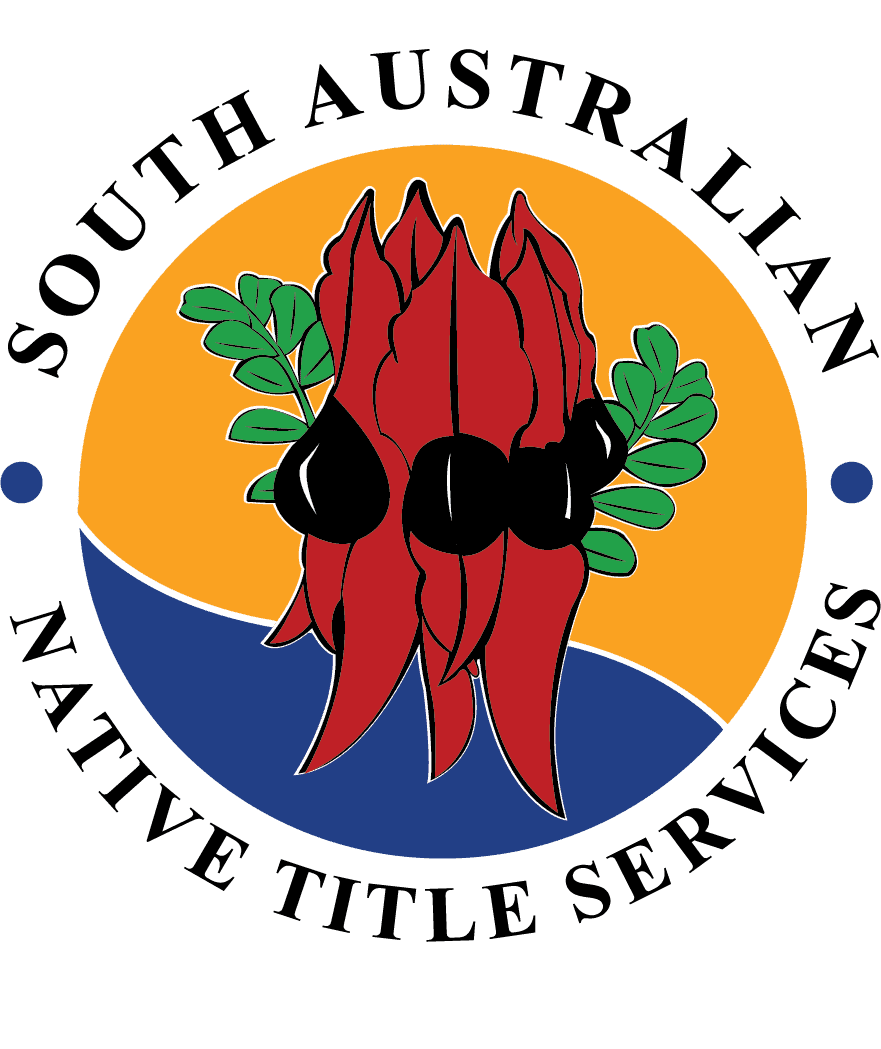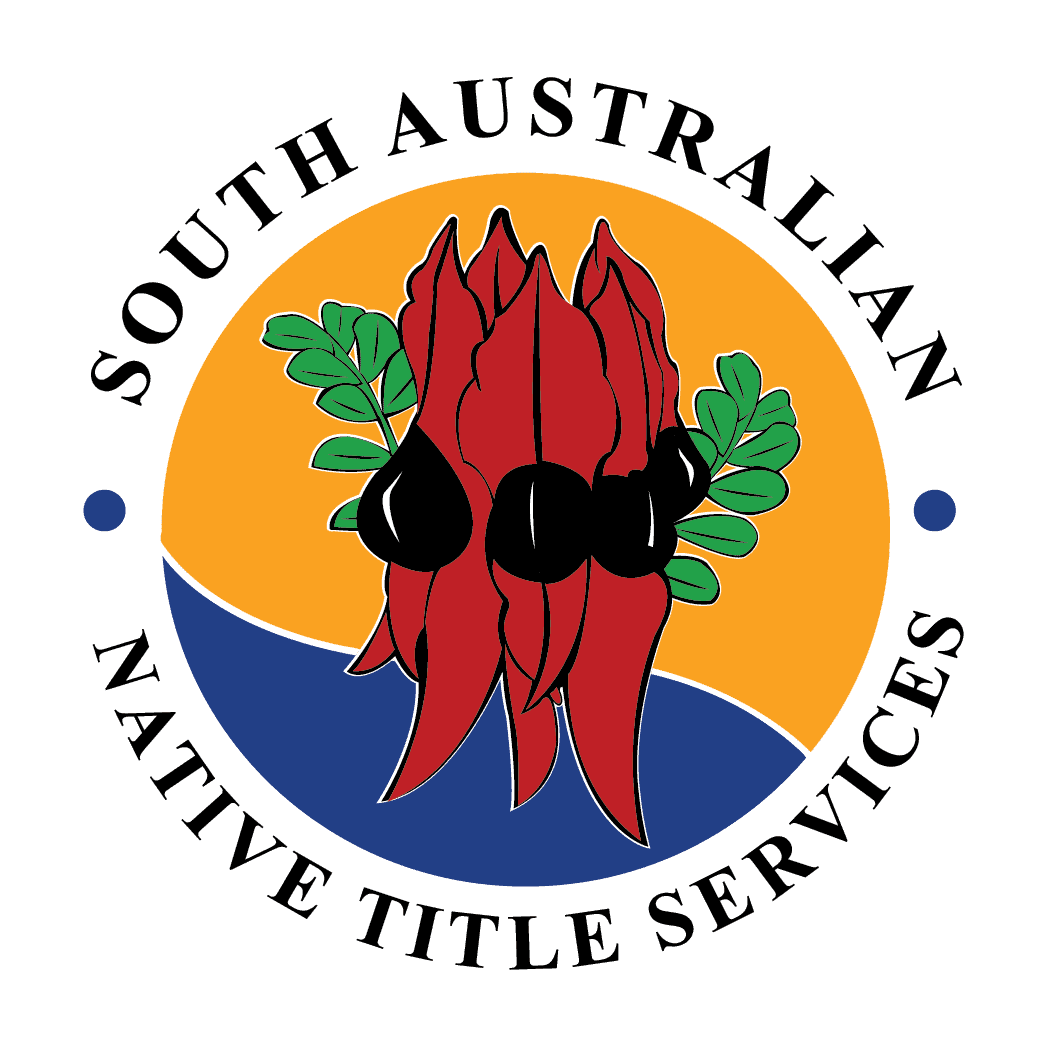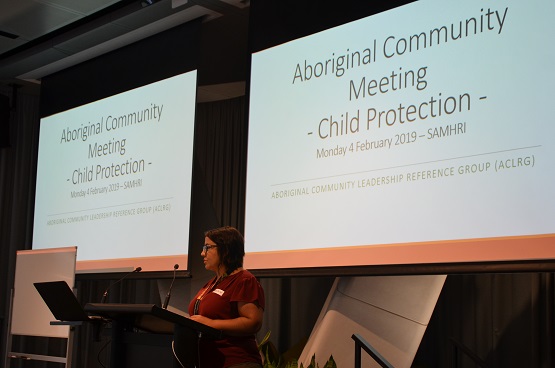An Aboriginal a community meeting held in Adelaide has heard that Aboriginal voices must be heard in child protection reforms through a new peak body for Aboriginal children.
The Aboriginal Legal Rights Movement (ALRM) hosted the community meeting early in February to hear Aboriginal perspectives on changes that are happening in child protection in the state.
The organisation been supporting an Aboriginal Leadership Reference Group (ACLRG) to provide Aboriginal voices in this area for the past year, and the lobbying of that group has played a part in the appointment of a new Commissioner for Aboriginal Children and Young People.
Now the ACLRG has proposed the establishment of a South Australian peak body for the development and wellbeing of Aboriginal children.
At the community meeting Melissa Clarke from ALRM detailed the need for the new agency.
She explained that in June 2018, South Australia had 3,695 children cared for by the Guardianship Board in the state, with 1333 of those Aboriginal and Torres Strait Islander young people.
“What we know is that if nothing changes that that is going to blow out, SNAICC have done some robust analysis that indicates that within a generation the number of our kids that are in care will triple” Ms Clarke said.
“We’ve had report after report and enquiry after enquiry where there’s been so many recommendations about our mob in regards to child protection, youth justice, incarceration rates, health outcomes, yet we know that many of those recommendations that are going to have the outcomes for our community have been shelved and they’ve collected dust” she said.
Significantly in this area, the Nyland Royal Commission into Child Protection Systems report was released August 2016 and an Aboriginal community engagement strategy was created following that report.
The strategy was finalised in June 2017 “and still hasn’t been implemented” Ms Clarke told those present at the meeting.
Ms Clarke said that a new peak body would have a range of functions, including;
- be an Aboriginal representative body for children and families and would provide support and increase capacity for Aboriginal controlled organisations,
- support and collaborate with the National Family Matters campaign,
- provide independent advice to the community and sector and Commissioner for Children and Young People
- strategy development that focusses on the needs of Aboriginal children and families
- sector training particularly relating to cultural competence in care for Aboriginal children
Courtney Hunter-Hebberman was at the meeting to share her family’s experience of the child protection system and spoke of the personal anguish associated with child removal.
“For multiple generations now, my family have been victims of state government policies, and child protection department, with the forced removal of our children, and my grandmother and my mother, into, basically white homes. We have suffered great trauma because of this.
“For Aboriginal people, I think that we need community control. We need to be empowered to make decisions for our own children, because the history of child protection in this state has quite evidently proven that it cannot make decisions for Aboriginal children, that’s in their best interest.
Ms Hebberman’s grandson was recently unexpectedly removed from his home by authorities, and then returned after the family pursued the case.
“You know, I think it’s really important to note that my grandson in my family’s case, is actually not a standalone case. This is a universal problem, especially here in this state of South Australia. Across Australia, you know, child protection has embedded that much fear into our communities, and it perpetuates the fear of the forced removal of our children.
ALRM CCEO Cheryl Axleby says that the ACLRG has been doing it’s best to represent the interests of Aboriginal families, but now a further step is needed.
“ACLRG have been really striving to hold the child protection system to account.There have been some inroads, at least there’s been dialogue but its very disappointing that we’re nearly two years into the process and we still haven’t seen any of our recommendations being taken on board”
“We need to have an independent body that leads the conversation and leads the journey in regards to these reforms” she told the meeting
By Lucy Kingston
SANTS acknowledges that the land on which our office is based is the traditional lands for the Kaurna people and we respect their spiritual and cultural relationship with their country.



 Protected by Patchstack
Protected by Patchstack